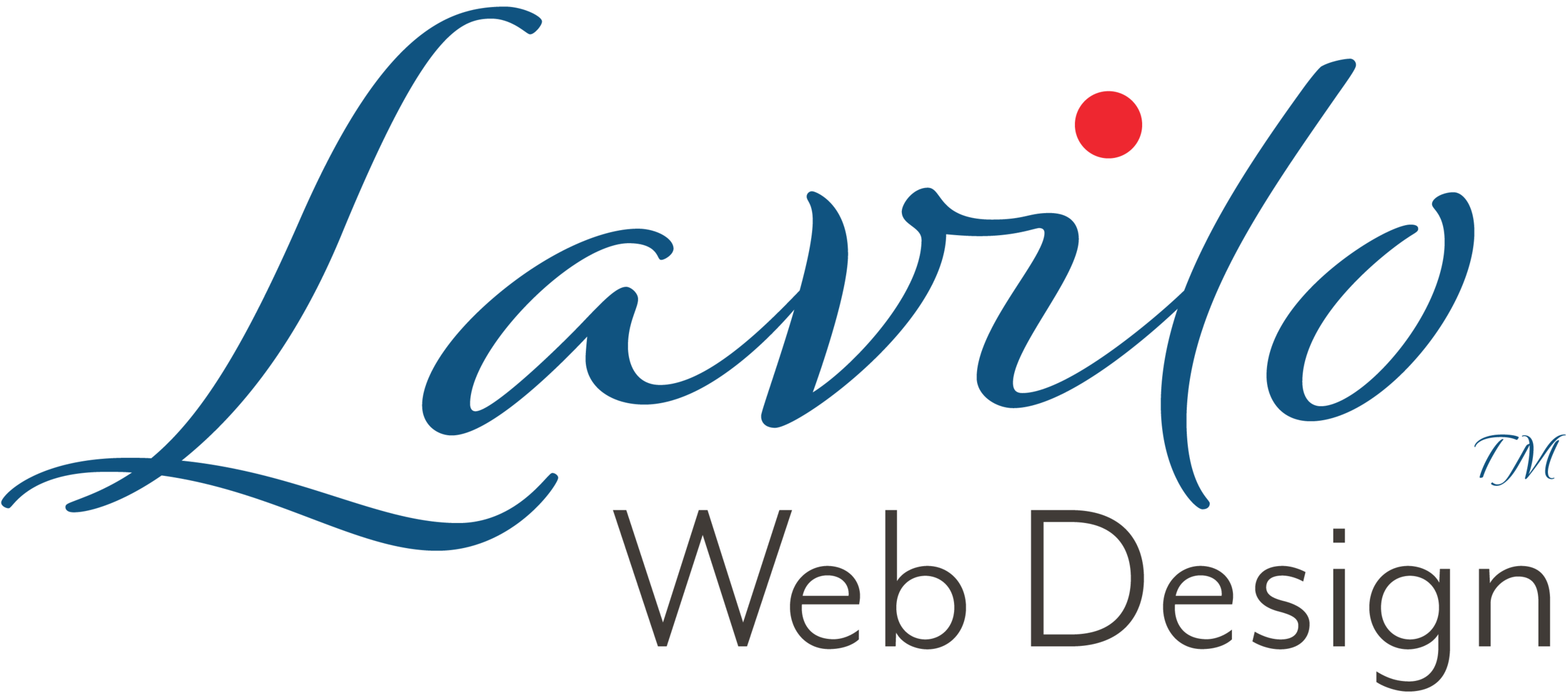Simplicity Keeps Your Business Growing
Despite their fast growth, startups usually don't change their processes and organizational structure as rapidly as they increase sales, leading to unnecessary workarounds and a cost structure that can often be too high.
Businesses often become hard to manage when their growth skyrockets. Instead of an anticipated slow slope spread over several quarters, these companies exceed their ambitious sales targets within weeks. Everyone is super busy trying to fulfill orders, coordinate with suppliers, and onboard new employees. It's hectic, chaotic, and wild.
Startups usually don't think much about process scalability. Their focus is on the upcoming product launch, and understandably so, as much depends on its success. However, if the product is a big hit, order fulfillment can become increasingly complex.
The underlying reason is simple: despite their fast growth, these companies usually don't change their processes and organizational structure as rapidly as they increase sales. In that sense, they are static, following internal processes that may have been suitable for much smaller-sized businesses. These inadequate workflows can lead to unnecessary workarounds and a cost structure that can often be too high, sowing the seeds of these companies' potential future demise.
These three tips can help reduce complexity.
Tip 1: Simplify your products and services
Designing products and services that customers love is much easier if you don't have to worry about manufacturing or delivering them at a cost level that leaves enough gross profit to pay for marketing and overhead expenses.
Yet, finding the optimum balance between design, function, and cost is extremely hard and requires many difficult choices and compromises. But without simplification, your business will not be profitable at scale.
Tip 2: Favor flexibility over speed and cost
Fast-growing companies require a highly flexible order management system to handle transactions of varying scopes, sizes, and quantities. Scalable, cloud-based software should be at the top of their selection criteria. It will save them a lot of time, headaches, and money.
Conversely, software optimized to complete a transaction in the shortest time or at the lowest cost may look promising initially but is rarely a dependable, cost-effective long-term solution for startups.
Tip 3: Focus on your strengths
Nobody is good at everything, and that applies to companies, too. And that's OK. Businesses don't need to do everything in-house.
Focus your firm on its strengths. Functions like marketing, design, development, sales, and service are typically core to many businesses. Without complete control over them, a company's brand perception could suffer.
Consider outsourcing your non-core functions, like supply chain, manufacturing, tech, and accounting, to expert providers.
Simplicity Is a Mindset
The famous sculptor and painter Constantin Brâncuși summarized it well when he said, "Simplicity is complexity resolved."
Complexity just happens. It often results from shortcuts, such as not getting the right people involved to save time. I don't think designers intentionally want to create the most complicated products. Unfortunately, some of their designs just turn out that way when the factory team tries to produce them and realizes they are too expensive.
On the other hand, simplicity is intentional because it requires hard work and tough choices to achieve. That's why striving for simplicity is a mindset—one that will keep your business growing.












